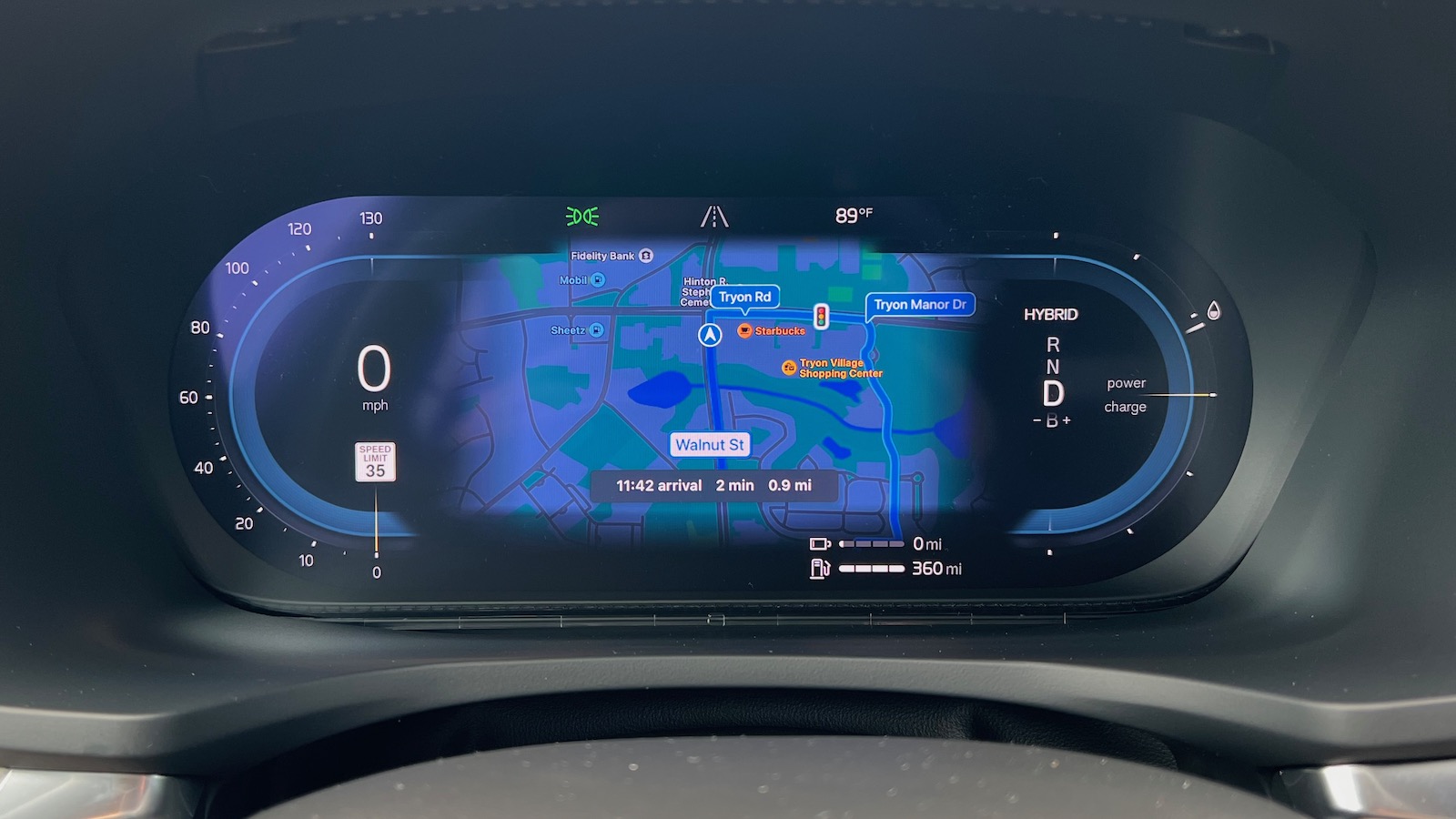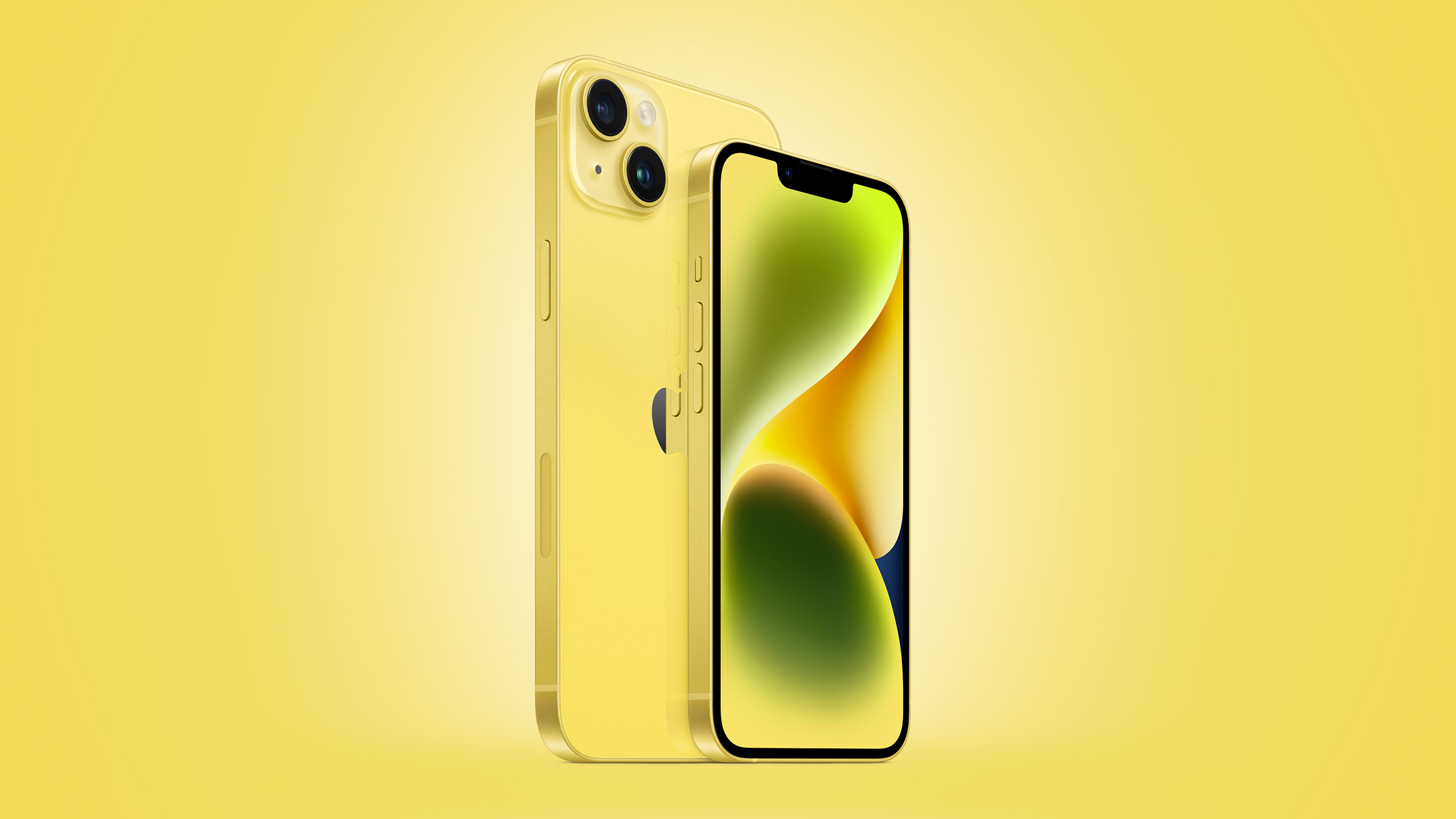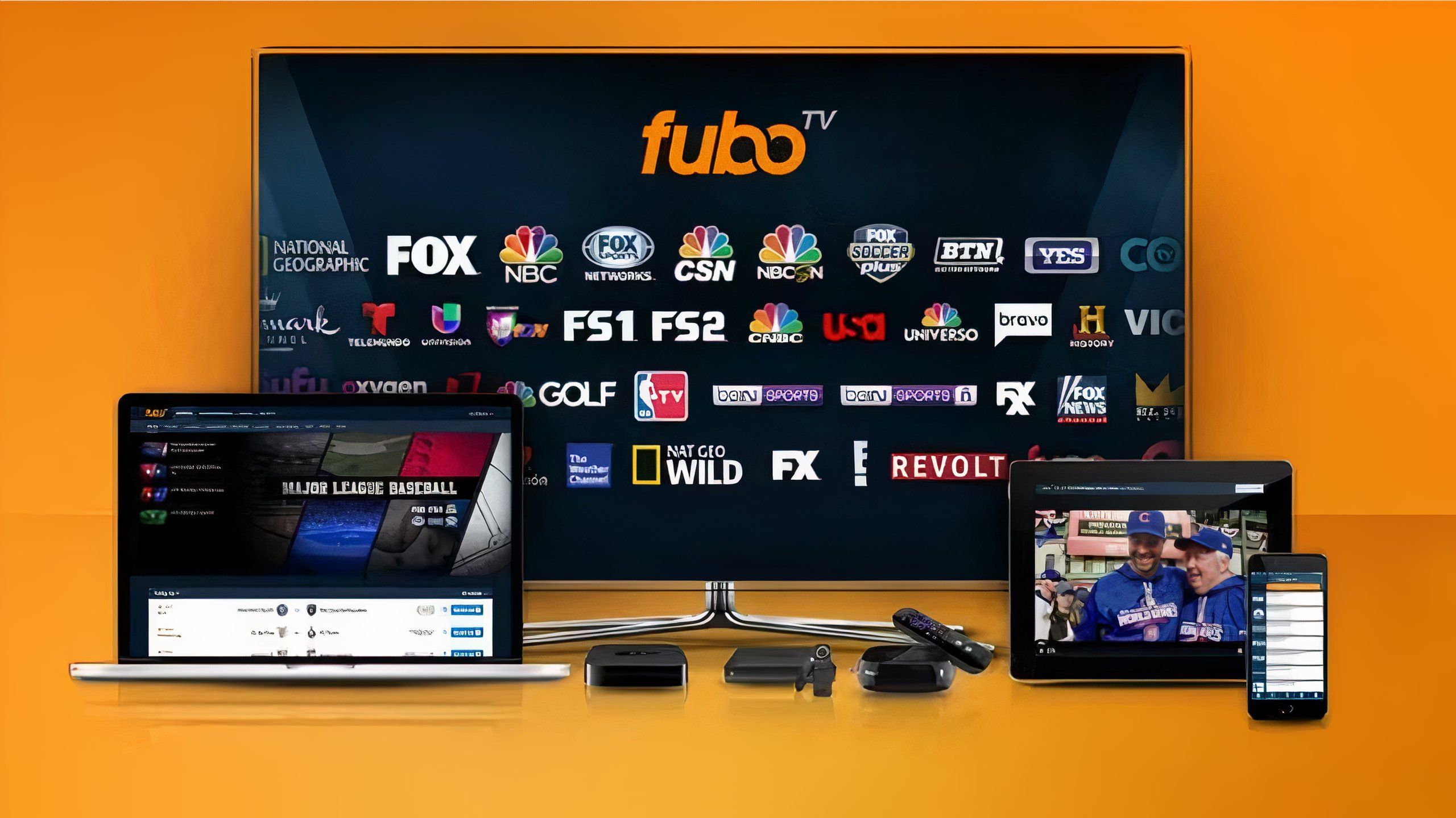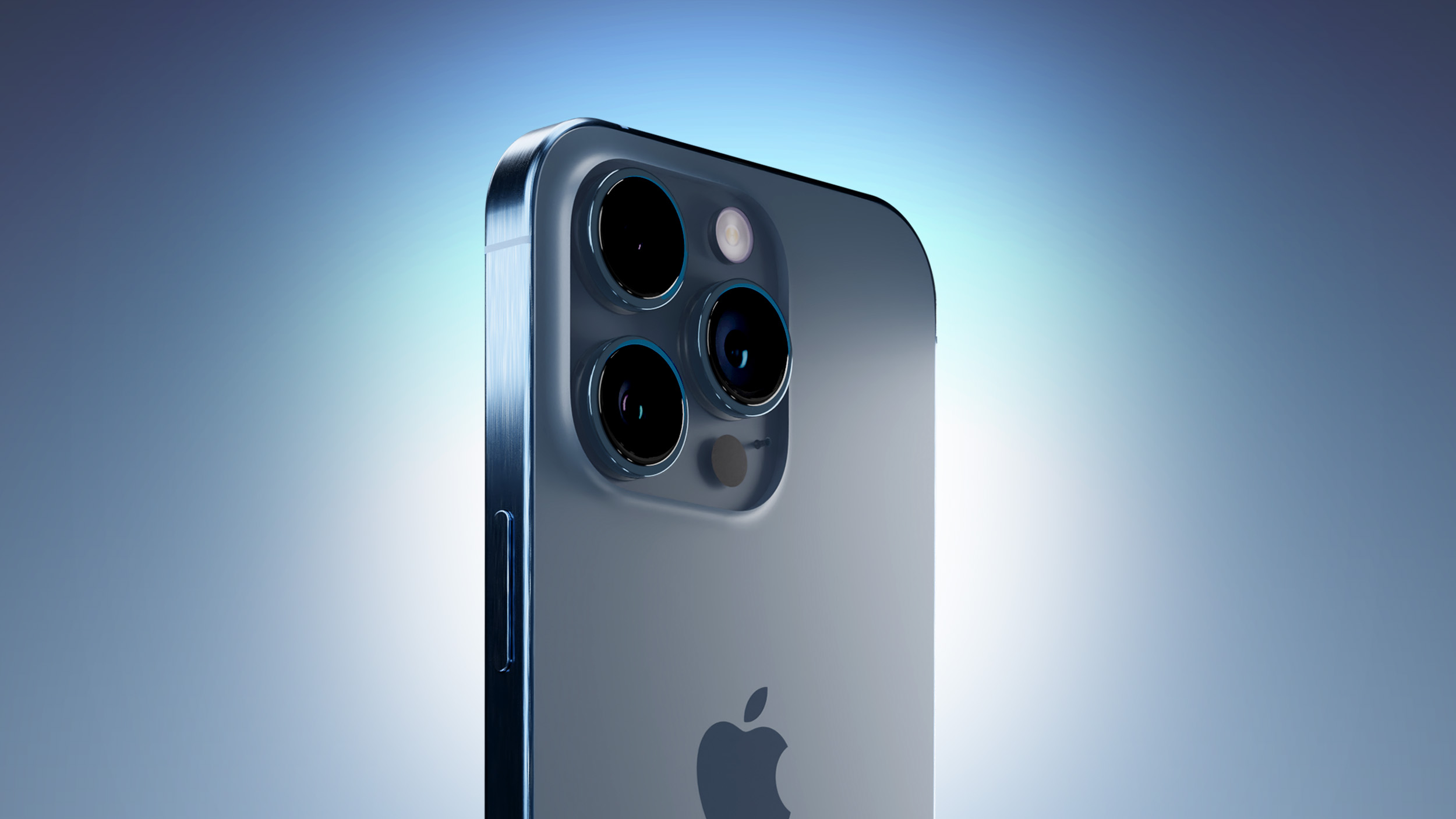Hands-On With Volvo’s Dual-Screen Apple Maps CarPlay Experience

A few months ago, Volvo and Polestar announced updates for their infotainment systems to support dual-screen Apple Maps displays from CarPlay, allowing a supplementary Apple Maps view to appear in the driver display separate from the main infotainment screen.
While an increasing number of vehicles are supporting text-based Apple Maps navigation prompts in the driver display and/or head-up display, Volvo is one of the first to adopt a full map view on a second screen, and I recently had a chance to test it out in a 2024 S60 Recharge.
The driver display Apple Maps screen is only active when there is a navigation route running in CarPlay, and it provides a familiar Apple Maps view with your vehicle position and your route, including upcoming traffic lights as well as surrounding streets, points of interest, and other features. At the bottom of the screen is a thin black box displaying your arrival time plus the time and distance remaining in the current trip.
This secondary Apple Maps screen doesn’t show a visual text prompt of your next turn or exit, the distance until that movement, or lane guidance, but with Siri voice prompts and the visual representation of your route, you shouldn’t have much trouble staying on course even if you don’t have navigation up on the center infotainment screen.
With Apple Maps taking up residence in the driver display, that frees up the main infotainment screen for other functionality, whether it be for another CarPlay app like Music or Podcasts or for the native infotainment system. And if you’re in another CarPlay app, you’ll still get pop-up text instructions for upcoming turns from Maps just like when when you’re in a non-Maps app while using single-screen CarPlay.
Volvo is notable for its portrait infotainment screens typically measuring 9 inches diagonally, although other manufacturers are increasingly adopting the form factor, particularly in electric vehicles. CarPlay on the main screen adapts to the portrait aspect ratio, with the usual sidebar containing status items and recent apps moving to the bottom and individual apps adjusting their layouts to fit.
The CarPlay Dashboard view looks particularly nice in portrait orientation, with a horizontal view from the Maps app taking up the full width at the top and then plenty of room for generously sized tiles from other apps appearing below.
At least on this Volvo model, Apple Maps in the driver display appears in dark mode at all times, regardless of whether the main CarPlay screen is in light or dark mode. While it initially seemed a bit jarring for the two screens to display differently, it does make sense to always use dark mode in the 12-inch driver display to match the rest of the display elements like the speedometer. It results in a more cohesive look for the driver display and means you don’t have a bright screen almost directly in your line of sight.
The native Volvo infotainment system now runs on Android Automotive from Google, so it features built-in Google Maps support that also shows up on the driver display, complete with upcoming turn prompts and lane guidance. The overall infotainment system was a bit sluggish to use at times, but Google Maps routing and features are solid, so it works well once you’ve got your route going. And with access to the Google Play Store, additional Android apps can be installed right on your vehicle’s system.
I have some mixed feelings about the overall look of the Volvo infotainment system. While individual app screens are generally fine, the application manager view in particular has a rather dated look with app icons broken up into sections by type. It’s functional and you can rearrange apps however you like, but it just doesn’t look very slick or modern to me.
Thankfully, the main home screen sports a more modern look. It offers quick access to frequently used functions upon first entering the car or when pressing a hardware button below the display, although it could stand to be a bit more informative given all of the available screen real estate.
Volvo has also unfortunately embraced one of my pet peeves in the form of software climate controls on the main infotainment screen. They reside in a strip along the bottom of the display that remains visible even while in CarPlay, but I do wish at least the main controls such as temperature adjustments were hardware buttons and/or knobs to make things easier to adjust by feel.
There is a strip of hardware controls below the main screen with buttons for the defrosters, hazard lights, and basic audio controls like play/pause and track skipping, plus a knob for controlling the volume. I appreciate the inclusion of these, although they are a bit awkwardly placed low on the center stack with the shifter a bit in the way. Of course, steering wheel buttons or voice control can be used to perform many of these functions as well.
CarPlay in Volvo vehicles remains wired-only for now, although wireless CarPlay will be arriving in the upcoming EX90 and EX30 models. There have been rumors of a future software update to enable wireless CarPlay in some existing models, but Volvo hasn’t officially confirmed its plans for that.
With a wired connection currently being the only CarPlay option at the moment, that means you need access to a USB port, and the S60 Recharge has a pair of USB-C ones inside the center console. One is outlined in white to designate it as the data port for CarPlay, while the other is charge-only.
The storage compartment in the center console of the S60 is incredibly shallow and not very large, so I couldn’t even fit my wired-up iPhone 14 Pro Max inside and had to route the cable out of the compartment and leave my phone in a cupholder. I do typically prefer to have my phone available to grab if needed, even only for convenience when entering and exiting the vehicle, so it wasn’t a huge deal to me, but the option to tuck everything away in the console compartment would have been really nice.
For rear-seat passengers, there are two additional charge-only USB-C ports behind a spring-loaded cover on the back of the console.
Overall, the dual-screen Apple Maps CarPlay experience is a nice enhancement, and I’m glad Volvo has embraced it. A few other manufacturers including Jaguar Land Rover also appear to be adopting it, but it’s of course only a teaser for what’s to come with CarPlay given Apple’s WWDC 2022 announcement about the next-generation CarPlay. With that, CarPlay will be able to essentially take over a vehicle’s entire screen setup and bring both native vehicle functions and CarPlay functions into a single interface.
Volvo is one of over a dozen car brands announced as initial partners for the CarPlay revamp, and Apple said the first announcements of vehicles supporting it should come late this year.
This article, “Hands-On With Volvo’s Dual-Screen Apple Maps CarPlay Experience” first appeared on MacRumors.com
Discuss this article in our forums




